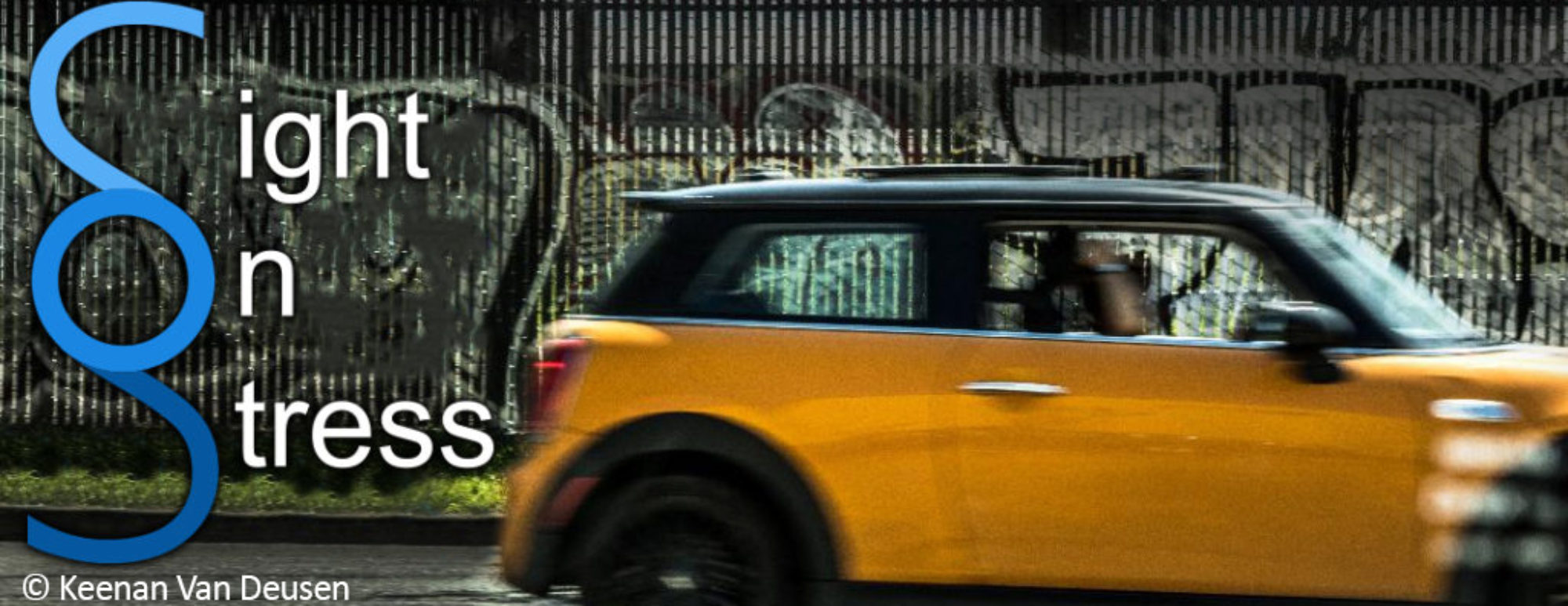
In his book At Day’s Close, Night in Times Past, Roger Ekirch says, “Night was man’s first necessary evil, our oldest and most haunting terror.” He’s referring primarily to the sentiment of ancient people as well as those of the pre-industrial era.
Ideas about our fears of the dark
Ekirch explains that whether fear of the dark (the night) originated from nighttime attacks of war or unseen animal sounds or even from ghost stories passed from one generation to the next, anxiety about the night was a widespread phenomenon before electricity was invented and lamps could more readily illuminate the darkness.
Ekirch’s research declares that going to bed at night, while in the cases of slaves and servants, could be a welcome respite from the hard work and abuse during the day, for most it was fraught with anxiety and disease. People felt vulnerable to the dangers of the night…to what may happen while one is unconscious and unaware of his or her surroundings or body.
The Swiss psychiatrist, Carl Jung, had a different idea about darkness. He believed that our fear of the dark had more to do with our fear of the dark aspects of ourselves (such as our capacity to by violent) and, therefore, was just a projection of one’s shadow onto the world.
He believed that the more one was able to reckon with the darkness of his or her own soul, the less threatened he or she would be by the darkness in others. Nighttime was symbol for Jung (Memories, Dreams, Reflections.)
Insomnia and fear of the dark
When I think about Insomnia, I can’t help but think about both of these theories: that nighttime was often a scary and vulnerable time due to enemy groups attacking or nocturnal animals screeching as well as the fact that nighttime represents all that which we do not know and understand about our humanness.
Both ideas can leave a person feeling out of control, and therefore, intentional or not, Insomnia can develop as a way of staying vigilant against threat, protected, and theoretically safer.
We know that people who suffer from anxiety and depression tend to suffer from Insomnia. While I’ve explained in a previous post that these two psychological afflictions have a bidirectional relationship with Insomnia, I also have witnessed how the simple fear of terrible things happening keeps one awake at night.
Yes, it is true that most crime occurs between midnight and 1am and that the majority of crime occurs in residences (FBI National Press Office, 2013), but many people are awake at night, not because they are worried about someone breaking into their home, but because they are worried about what terrible thing could occur at work or to their families or because they are trying to understand themselves and their lives.
It is also true that not getting enough sleep (because one is vigilantly trying to problem solve or protect oneself) takes a destructive toll on the body (see research by C. Everson et al) which can lead to terrible things happening!
A comforting belief of Jung’s was that the unconscious (or darkness of the psyche) comprises both good and bad aspects of the self. However, in his iconic book Memories, Dreams and Reflections he also states that whenever there is a reaching down into the most inner experience of one’s personality, that “most people are overcome with fear and run away.”
About Insomnia and Fear of the Dark: Conclusion
While many don’t realize it, sleep actually gives us the opportunity to reach into these innermost parts of ourselves via the vibrant world of dreams. Once we become familiar with how dreams can actually guide us and illuminate the unknown, thereby giving us better control of our lives, we may start to feel more comforted by the night.
Yes, we may have inherited our ancestors’ understandable fears of darkness, but we have also accumulated a wealth of psychological knowledge over the centuries. It isn’t just the dawning of electricity that eased our anxiety by illuminating a dark world, it is raising the unconscious to consciousness that can illuminate the awesome nature of our soul, and, hopefully bring more peace to our otherwise restless minds.
Dr. Van Deusen received her PhD in Clinical Psychology from the California School of Professional Psychology in Los Angeles in 1992. She has cultivated deep knowledge of attachment theory and stress and has worked with various populations over her two and a half decade career. Her practice is in Seattle, Washington. Buy her book Stressed in the U.S.: 12 Tools to Tackle Anxiety, Loneliness, Tech-Addiction and More here


“whenever there is a reaching down into the most inner experience of one’s personality, that “most people are overcome with fear and run away.” – Jung
I always wondered why some people don’t want to be known and run away, mainly because a mentor told me as a young woman that it was what people wanted the most in relationships “to be known truly and accepted by another” – Irene Gabriel
Thank you for your comment. Yes, some people fear being seen (despite craving it) because they are afraid of not being enough.
Yes, I have experienced that some fear you’ll find out a hollowness, in their character, yet the act of engagement in conversation, though potentially uncomfortable, or joyful fills the hallway of life, an character becomes available and useful for conversational layers, deepening relationships.